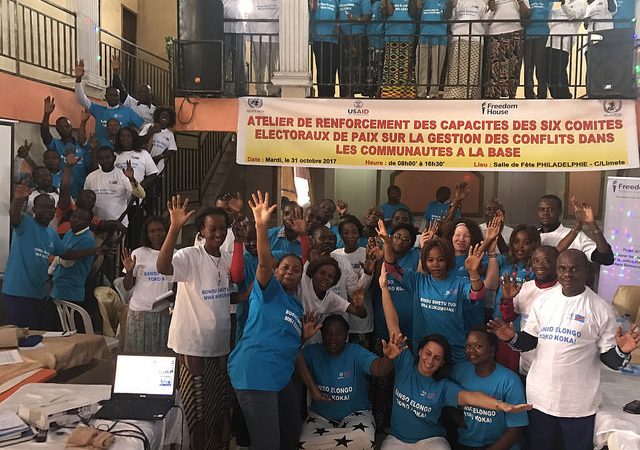DRC's Joseph Kabila Isolated as Delays to Organise the 2018 Elections Continue
This article is part of the follow-up brief of the pre-election period in the DRC. The first article from the brief can be found here.
While the situation in the Democratic Republic of the Congo (DRC) drags on, the Kabila regime is attempting to gain support in the region as best it can. Meanwhile, the opposition is still mobilising the public to push for the organisation of elections.
Since the end of Kabila's term in 2016, there have been calls to bring an end his hold on power and to the denial of civil liberties, a situation that many say has gone on for too long. Since last December, those who oppose the regime have stepped up demonstrations which have been met with force by the police.
On 19 March, a lengthy letter landed on the desk of the Secretary-General of the United Nations Antonio Guterres, the successor to Ban Ki-moon. In it, the Catholic Lay Committee of the DRC (CLC) asked that the MONUSCO mandate be renewed to prevent any pre-electoral tension and that the United Nations, therefore, come to the aid of the DRC in organising elections.
Violent crackdown
Contradicting the government release figures, the Joint Commission of Inquiry 31 21 estimates that the demonstrations held on 31 December and 21 January reportedly led to the death of 14 protestors, 12 of whom were shot dead and 2 from tear gas inhalation. Around 40 people were reportedly arbitrarily arrested then subjected to degrading treatment during brutal interrogations. On 25 February 2018, a 35-year-old man named Rossy Mukendi Tshimanga and a second individual were both killed during the protests. On 1 February, the Joint Commission of Inquiry 31 21 was organized under the patronage of the Minister of Human Rights and included delegates representing the Ministry of Human Rights, the Ministry of Justice, the National Human Rights Commission, members of civil society, the United Nations Joint Office for Human Rights and the African Union Liaison Office